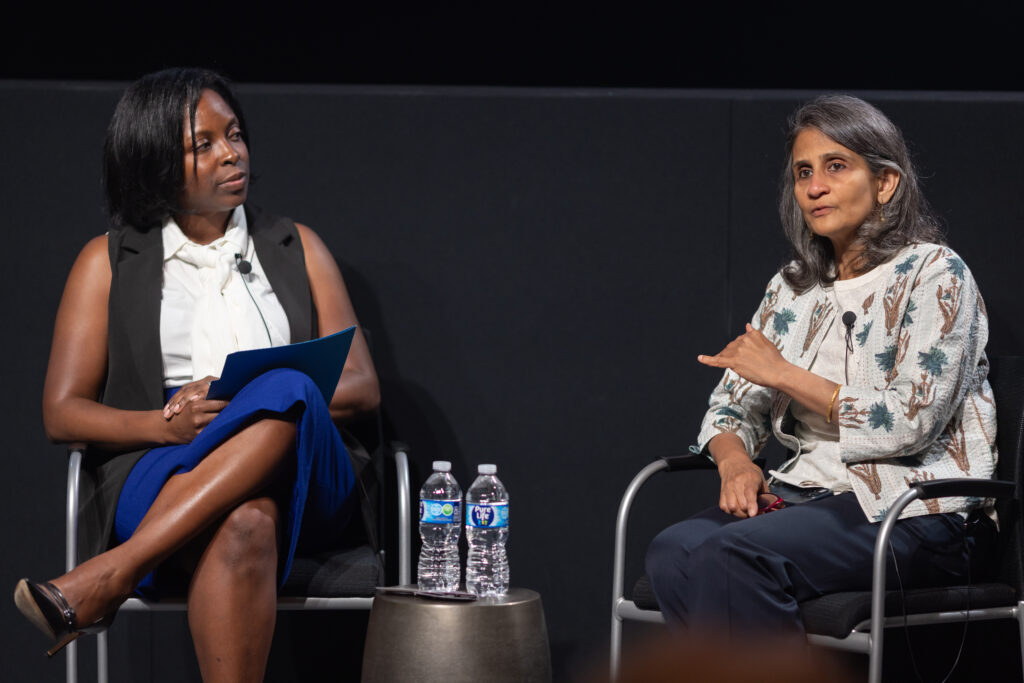A Growing Consensus That the FCC Must Change Course on Privacy
Opposition to the FCC’s proposed broadband privacy rules continues to grow. The recently filed “reply round” comments, new reports, and expert submissions to the Commission, and testimony before Congress all demonstrate a growing consensus that the Commission’s proposed approach is flawed and a new course must be taken—one that protects consumer data, encourages innovation and growth online, and provides consistent and evenhanded standards for all internet companies.
Bipartisan Experts Urge the FCC to Listen to the FTC and the Obama Administration. A broad cross-section of commenters urge the FCC to pay serious attention to the critique by the FTC staff and remain consistent with the principles in the Obama administration’s Consumer Privacy Bill of Rights.
Groups and individuals as diverse as former Clinton-era FTC official David Balto, the Multicultural Media, Telecom, and Internet Council (MMTC), and free market advocates like Citizens Against Government Waste urged the Commission to hit pause and align its efforts with the time-tested FTC model and the technology-neutral approach championed by the Obama Administration that tailors privacy requirements to the sensitivity of data.
These views were echoed at a recent House Energy & Commerce subcommittee hearing during which Congressman Gus Bilirakis, quoting former Spanish Telecommunications Official Alicia Richart, called the FCC’s proposal a “retrograde step” away from comprehensive, technology-neutral regulation that could undermine the recently enacted privacy shield protecting consumers and U.S. /E.U. commerce.
As Dean Garfield, CEO of the Information Technology Industry Council, testified “[t]he problem with the FCC’s approach is that it parachutes into this rich, robust, well-developed ecosystem and assumes that it needs to rework all of the rules whole cloth. That presumption is faulty.” Instead of proceeding in this careless manner, the FCC should heed commenters like the Information Technology and Innovation Foundation (ITIF) explaining that when it comes to innovation, “the FTC model is far superior to the rules proposed by the FCC.”
The Facts Do Not Support Heightened Regulation of ISPs. Georgetown University’s Larry Downes was among a host of commenters rejecting the FCC’s flawed assumption “that broadband providers, in contrast to content and other ‘edge’ providers, are uniquely able to see and harvest users’ ‘very sensitive and very personal’ data.” That assumption is just not true, as recent testimony from Clinton and Obama Administration privacy expert Peter Swire made clear: “[T]he public debate had often assumed that ISPs have comprehensive insights into user online activity, but in fact that is not so.” Multiple experts and observers echoed this core point, such as Stacey Gray of the Future of Privacy Forum, who wrote that “online tracking continues to be debated. But one thing is certain: it is not unique to ISPs.” A recent report by former FCC Chief Economist Gerry Faulhaber and Georgetown University’s Hal Singer also documents the FCC’s failure to conduct meaningful economic analysis in this proceeding.
The Proposed Regulations Will Stifle Innovation, Reduce Investment and Adoption, and Increase Consumer Costs. At the recent Senate Commerce Committee privacy hearing, Senator Bill Nelson observed, “the question is ultimately how to preserve the benefits of online commerce but in a way that takes into account consumers’ right to know about, and when appropriate, control the collection and use of their personal information.” As former FTC Commissioner Jon Leibowitz testified at the same hearing, “[t]he FCC has proposed regulations for ISPs that go well beyond those imposed upon the rest of the internet economy, and which, if adopted, would undercut benefits to the very consumers such rules seek to protect.” This echoes earlier testimony by ITIF’s Doug Brake warning that “the FCC proposal would effectively shut off innovative practices that would benefit the majority of broadband customers.”
The Rules Would Harm Consumers. Forcing consumers to navigate different and inconsistent rules for different internet companies undermines and impedes parents’ efforts to keep children safe online, says the expert child protection organization iKeepSafe. And a coalition of economists and academics led by the International Center for Law and Economics concluded that the regulations would “stifle robust competition between ISPs and other platforms . . . depriving consumers of new and innovative services, greater choice in the marketplace, and lower prices.”
The MMTC, in partnership with eight national civil rights and social justice organizations, highlights that the FCC’s “fragmented approach to consumer privacy… will have a deleterious effect on vulnerable consumers, who may be especially susceptible to harmful practices that hide behind the complexities of Internet data flow,” and recommends that the “FCC’s ‘opt-in’ consent proposals should focus most attention on sensitive personal information, such as financial or health data, which consumers tend to care more about.” And the Georgetown Center for Business and Public Policy’s Ralph Everett, an expert in the intersection of telecommunications law and communities of color, warns the rules “could have the unintended consequence of limiting broadband adoption, especially among lower-income Americans.”
The Proposed Regulations Will Undermine Internet Security. Groups like iconectiv explained how that overuse of inappropriate opt-in requirements could inadvertently undermine internet security and services like fraud detection and prevention. And the State Privacy and Security Coalition, a coalition of more than 30 leading communications, technology, retail, and media companies and trade associations, sharply criticized the proposed rule’s counterproductive requirements on data breach notification.
Many commenters echoed a fundamental point made by Ghostery in its two visits to the Commission – that the proposed rules’ opt-in default and other problematic measures will undermine consumer choice and stifle innovation, depriving consumers of new choices, options, and alternatives online.
The Rules Are Unconstitutional. IMS Health, the prevailing party in the Supreme Court’s Sorrell First Amendment privacy decision, reinforced Professor Laurence Tribe’s argument that the proposed rules draw arbitrary and constitutionally impermissible distinctions between speakers. This view was echoed by the Internet Commerce Coalition, which explains that the rules are not sufficiently “narrowly tailored” to pass constitutional muster.
The record before the Commission in its formal docket and the broader public debate establish a growing and urgent consensus that its original approach to broadband privacy will harm consumers and undermine the internet economy.
There is still time for the FCC to listen to the experts and heed the warnings it has been given – and for the sake of everyone who engages with or depends upon the internet, we hope it does just that.








